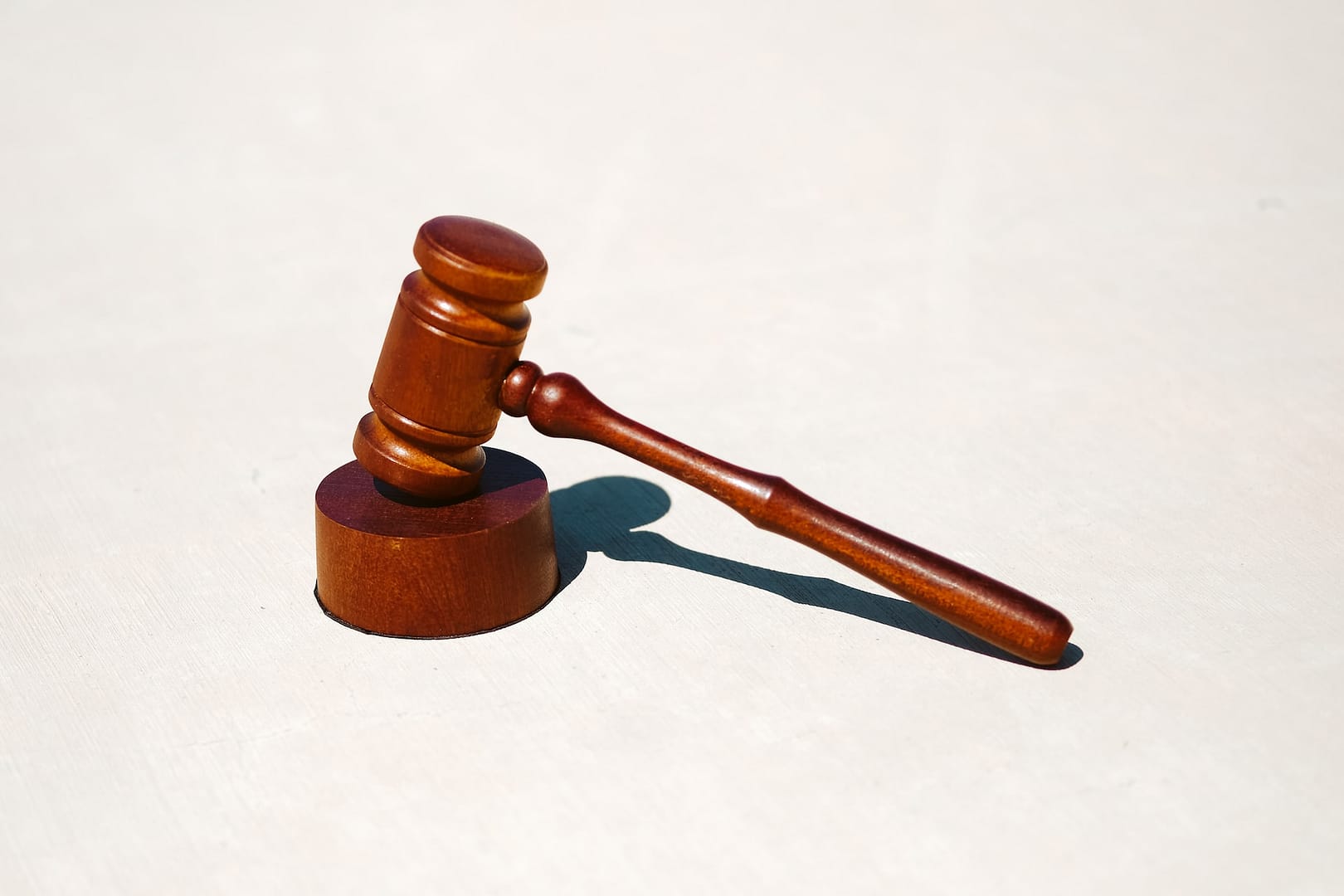Personal injury is a phrase that often conjures images of physical pain, medical bills, and legal battles. While these aspects undoubtedly play a significant role in the aftermath of an injury, one facet that tends to be overlooked is the emotional toll it takes on the individuals involved. In this article, we delve deep into the emotional aspects of personal injury, shedding light on the psychological effects that can accompany physical harm. From the often-overlooked emotional distress to the long-lasting impact on mental well-being, we explore the complexities of the human psyche when confronted with personal injury. Also learn how to start a claim for your personal injury.
The Psychological Effects of Personal Injury
When a person experiences a personal injury, whether it be a car accident, a workplace mishap, or a slip and fall incident, the immediate focus tends to be on the physical injuries sustained. However, the psychological ramifications can be just as profound, if not more so, than the physical ones.
Anxiety and Fear
One of the most common emotional responses to personal injury is anxiety and fear. The incident itself can be traumatic, and the aftermath often brings about a heightened sense of vulnerability. Individuals may find themselves constantly worried about their safety, experiencing panic attacks, or struggling with general anxiety disorders. The fear of another accident or injury can significantly impact one’s daily life and overall well-being.
Depression
Depression is another emotional hurdle that many individuals face following a personal injury. The sudden shift from a healthy, active lifestyle to one marked by pain and physical limitations can be emotionally devastating. Feelings of hopelessness, sadness, and isolation can set in as the injured person grapples with their new reality.
Post-Traumatic Stress Disorder (PTSD)
In some cases, personal injury can lead to post-traumatic stress disorder (PTSD). This condition is typically associated with individuals who have experienced or witnessed a traumatic event, and personal injury can certainly fall into this category. Flashbacks, nightmares, and severe anxiety can haunt those with PTSD, making it challenging to move forward with their lives.
Loss of Confidence and Self-Esteem
Personal injury often leads to a loss of confidence and self-esteem. The physical changes brought about by an injury, such as scarring or disfigurement, can have a profound impact on how individuals perceive themselves. They may struggle with self-acceptance and feel less attractive or capable than they did before the injury.
Emotional Distress as Part of Personal Injury
In many legal systems, emotional distress is considered a valid component of personal injury claims. Emotional distress encompasses a wide range of emotional and psychological responses to a traumatic event, such as anxiety, depression, and PTSD. It acknowledges that personal injury goes beyond physical pain and suffering and recognizes the profound impact it can have on a person’s mental well-being.
The Scottish Perspective
In Scotland, emotional distress is a recognised element of personal injury claims. Individuals who have suffered emotional distress as a result of another party’s negligence or wrongful actions may be entitled to compensation. This recognition underscores the importance of addressing the emotional toll of personal injury and ensuring that those affected receive the support they need.
Coping with Emotional Toll
Dealing with the emotional toll of personal injury is not easy, but there are steps individuals can take to cope with their feelings and begin the healing process.
Seek Professional Help
One of the most important steps is to seek professional help. Mental health professionals, such as therapists and counselors, can provide the necessary support and guidance to navigate the emotional challenges of personal injury. Therapy can help individuals develop coping strategies, manage anxiety and depression, and work through traumatic experiences.
Build a Support Network
Building a strong support network is crucial during this time. Friends and family can provide emotional support, understanding, and companionship. Talking to loved ones about your feelings can be cathartic and reassuring.
Practice Self-Care
Self-care is essential for both physical and emotional recovery. Engaging in activities that promote relaxation and well-being, such as meditation, yoga, or hobbies, can help individuals manage stress and improve their mental health.
Legal Support
In cases where personal injury is the result of negligence or wrongdoing, seeking legal support is crucial. A solicitor from our talented panel can help individuals pursue compensation for their physical and emotional damages. Knowing that justice is being sought can provide a sense of closure and relief.
Making a Personal Injury Claim with National Claims
At National Claims, we understand the emotional turmoil that often accompanies personal injury. We are here to guide you through the process of making a personal injury claim with empathy and expertise. Our dedicated team of professionals recognizes the importance of addressing both the physical and emotional aspects of your case.
Initial Consultation
Your journey with National Claims begins with an initial consultation. We take the time to listen to your story and understand the emotional toll that the personal injury has had on your life. We believe in a compassionate and client-centered approach, ensuring that your emotional well-being is a top priority.
Building Your Case
Our team of claims specialists will work diligently to build a strong case on your behalf. This includes gathering evidence, interviewing witnesses, and assessing the full extent of your physical and emotional damages. We understand that emotional distress is a valid component of your claim, and we will ensure that it is properly documented and addressed.
Pursuing Compensation
We will advocate for your rights and pursue the compensation you deserve. This includes seeking damages not only for your physical injuries but also for the emotional distress you have experienced. Our goal is to provide you with the financial support necessary to rebuild your life and move forward with confidence.
Emotional Support
Throughout the entire claims process, we offer emotional support and guidance. We understand that personal injury can be emotionally taxing, and we are here to provide a listening ear and resources to help you cope with the psychological effects of your experience.
The Long-lasting Impact
The emotional toll of personal injury can have a long-lasting impact on an individual’s life. Even after physical injuries have healed, the psychological scars may remain. This enduring effect can manifest in various ways, including:
Relationship Strain
Personal injury can strain relationships with family, friends, and romantic partners. The emotional distress and changes in behavior that often accompany injury can create tension and misunderstanding.
Career and Financial Implications
The emotional toll of personal injury can also have implications for one’s career and financial stability. Depression, anxiety, and PTSD may make it difficult to work or maintain employment, leading to financial stress.
Reduced Quality of Life
In severe cases, the emotional toll of personal injury can lead to a significantly reduced quality of life. Individuals may find it challenging to enjoy activities they once loved, and the constant emotional burden can overshadow daily life.

Conclusion
In conclusion, personal injury is not just about physical pain and medical bills; it also carries a substantial emotional toll. Anxiety, depression, PTSD, and a loss of confidence are just some of the psychological effects that can accompany a personal injury. Emotional distress is a valid component of personal injury claims, emphasizing the importance of recognizing and addressing these emotional challenges.
While the road to recovery may be long and challenging, seeking professional help, building a support network, practicing self-care, and pursuing legal support can all contribute to healing both physically and emotionally. It is essential for individuals who have experienced personal injury to acknowledge their emotional struggles and take steps toward regaining their mental well-being. By doing so, they can work towards a brighter, emotionally healthier future, and National Claims is here to support you every step of the way.
Start your claim by contacting us and speaking to one of our claims specialists today.
Click below to see why we are one of the most trusted claims management companies in the UK.

We’re proud of our excellent customer reviews
We thrive on delivering exceptional service and ensuring our clients’ satisfaction. Don’t just take our word for it. Check out some of our independent reviews to see what our clients have to say.
Excellent

This firm is excellent, they sorted out my car pay out and injury claim very fast, they always communicate with you all the time.

My accident case was dealt with confidence and with great result of the outcome, especially James kept me informed all the time.

I was very impressed at the way my inquiry was treated. I was listened to attentively and everything I needed to know was explained to me.






